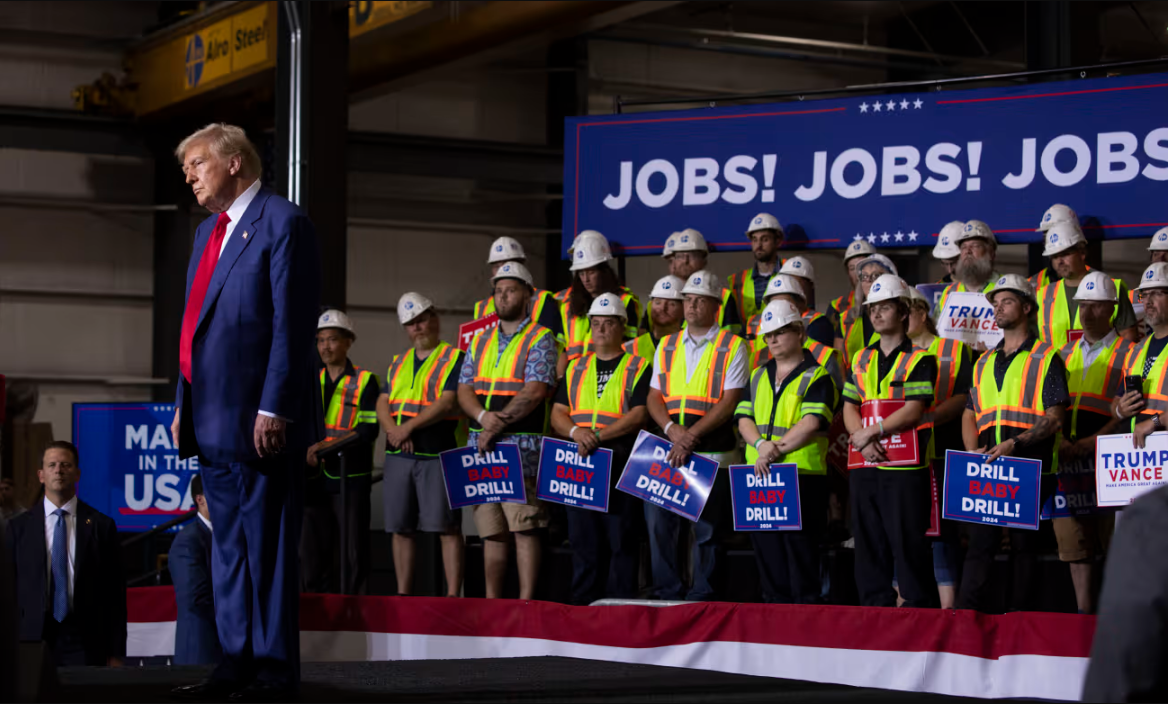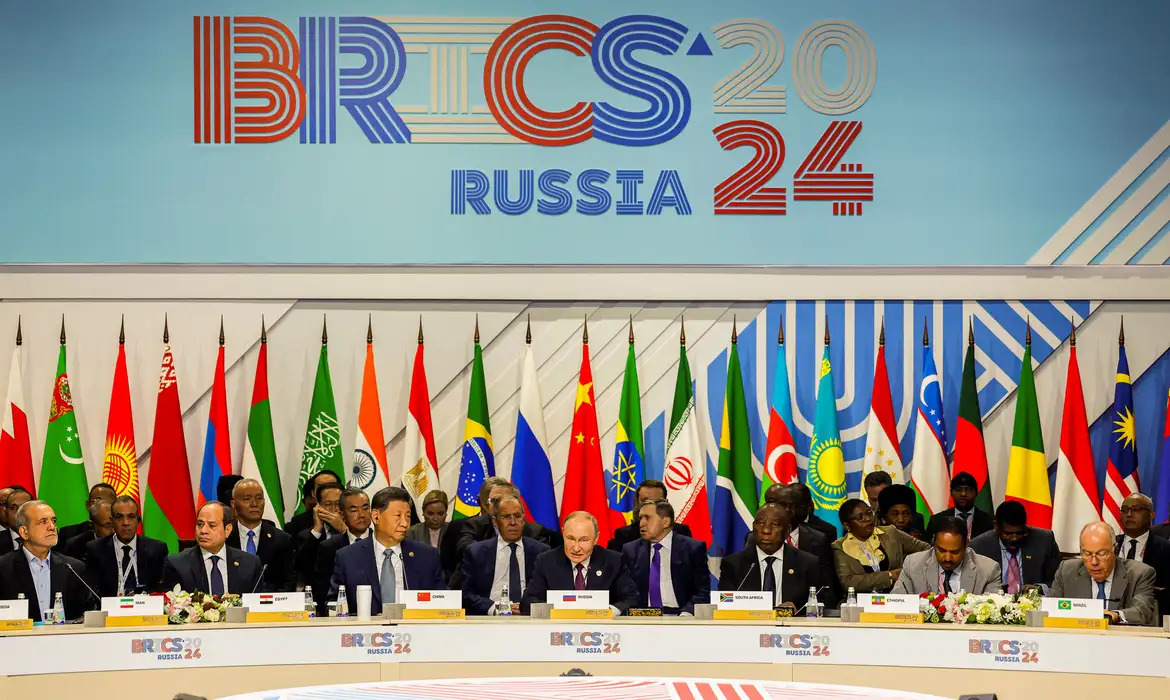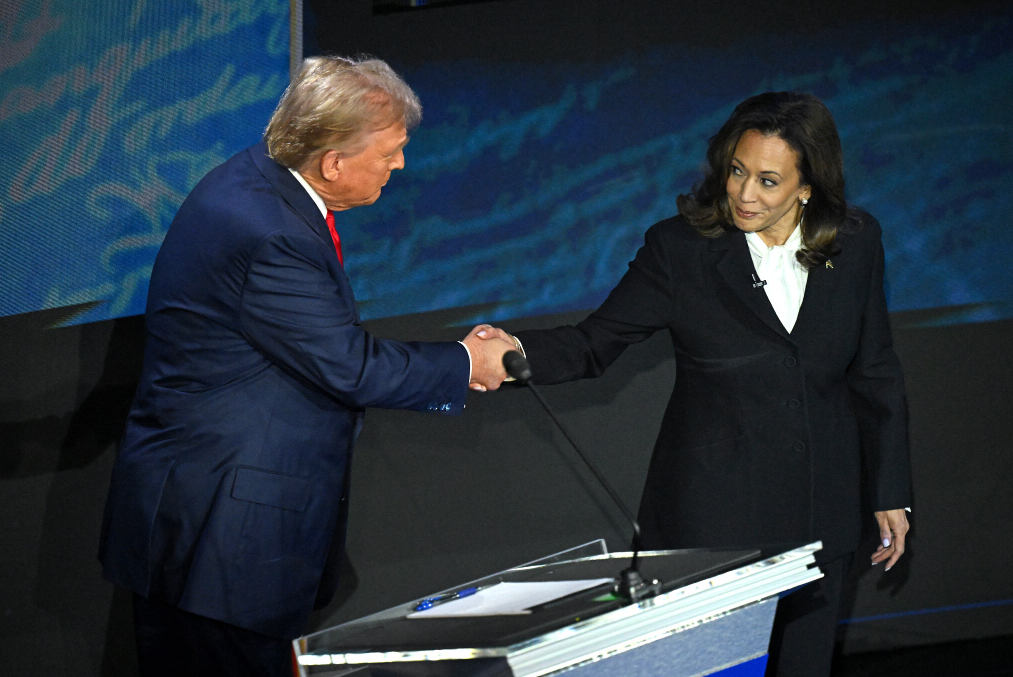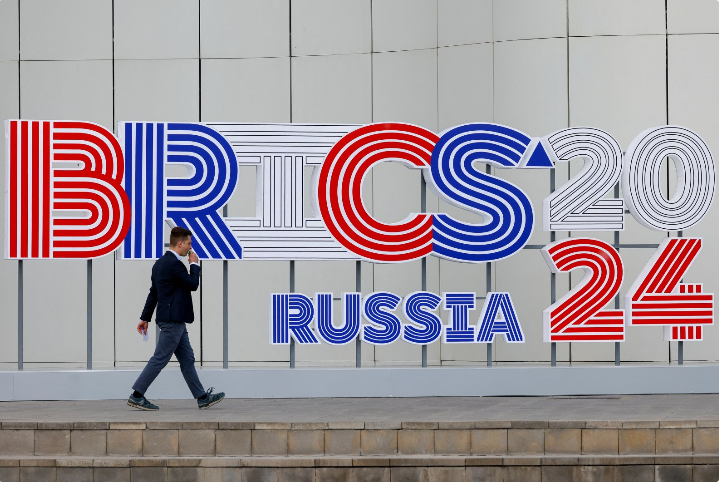
Sun Chenghao, Fellow, Center for International Security and Strategy of Tsinghua University; Munich Young Leader 2025
Nov 18, 2024
Europe may be entering a quasi-competitive phase with the United States — no longer occupying the center of U.S. foreign policy. Rather, it will have to face Trump’s tendency to de-prioritize allies, which will likely add fuel to Europe’s drive toward strategic autonomy.

Jodie Wen, Postdoctoral researcher and assistant fellow, Center for International Security and Strategy at Tsinghua University
Nov 18, 2024
Collaborating in various fields after expansion, BRICS members remain dedicated to coping with U.S. hegemony and sanctions, as well as reducing trade and investment barriers and accomplishing common development. The group’s influence is on the rise.
Richard Weitz, Senior Fellow, Hudson Institute
Nov 08, 2024
BRICS represents a major shift in how Global South states are approaching their international agenda, and the latest summit in Russia - amid conflict in Ukraine and changing winds in America - is an opportunity for member nations to play the part of a leader among their peers.
Ghulam Ali, PhD, Monash University, Australia
Nov 08, 2024
Improved bilateral relations will empower the organization, strengthen South-South cooperation and promote multipolarity in international relations. It will also enhance the status of BRICS as a platform to address sensitive issues through diplomacy.

Ted Galen Carpenter, Senior Fellow, Randolph Bourne Institute
Nov 08, 2024
It’s likely that Washington’s sterile China policy will persist regardless of which candidate wins the U.S. presidential elections, a situation that could be detrimental for the entire global community.

Wang Huiyao, Founder, Center for China & Globalization
Nov 03, 2024
No matter who wins on Nov. 5 — Kamala Harris or Donald Trump — the coming vote will impact the world. China and the United States have a shared responsibility to navigate the problems of climate, economic development and conflict, and constructive efforts on both sides will make all the difference. This essay explores some possible election outcomes that will affect China.

Brian Wong, Assistant Professor in Philosophy and Fellow at Centre on Contemporary China and the World, HKU and Rhodes Scholar
Oct 30, 2024
The recent meeting between Chinese President Xi Jinping and Indian Prime Minister Narendra Modi at the BRICS summit highlights a crucial shift toward economic growth and rebuilding their relationship amid ongoing competition and territorial disputes. Ultimately, it’s imperative the two countries find ways to bolster trust, facilitate communication, and identify common ground moving forward.

Dan Steinbock, Founder, Difference Group
Oct 30, 2024
Israel’s Iran reprisals aren't over. A broader attack may ensue in cooperation with the United States, while the war-weary, ailing region would prefer to focus on economic development with China.

Alicia Garcia Herrero, Chief Economist for Asia Pacific at NATIXIS and Senior Fellow at Bruegel
Oct 30, 2024
The recent BRICS summit marked a significant shift toward anti-Western rhetoric and ambitions, as the group's expansion and evolving agenda reflect a desire to reshape the global order. With China emerging as a central player and Vladimir Putin's alignment with its goals, Western nations must not only monitor these developments but also craft more compelling alternatives for Global South countries to counterbalance the group.

Wang Youming, Senior Research Fellow of BRICS Economic Think Tank, Tsinghua University
Oct 25, 2024
These issues cannot be sidestepped. With the international order standing at a critical crossroads, the international community is closely watching how a “Greater BRICS” could become a new center of global governance, decision-making and discourse.
Back to Top

- China-US Focus builds trust and understanding between the U.S. and China through open dialogue among thought leaders.
- Our Offerings
- Topics
- Videos
- Podcasts
- Columnists
- Research Reports
- Focus Digest
- Stay Connected
-
Thanks for signing up!
- Get the latest stories from China-US Focus weekly.